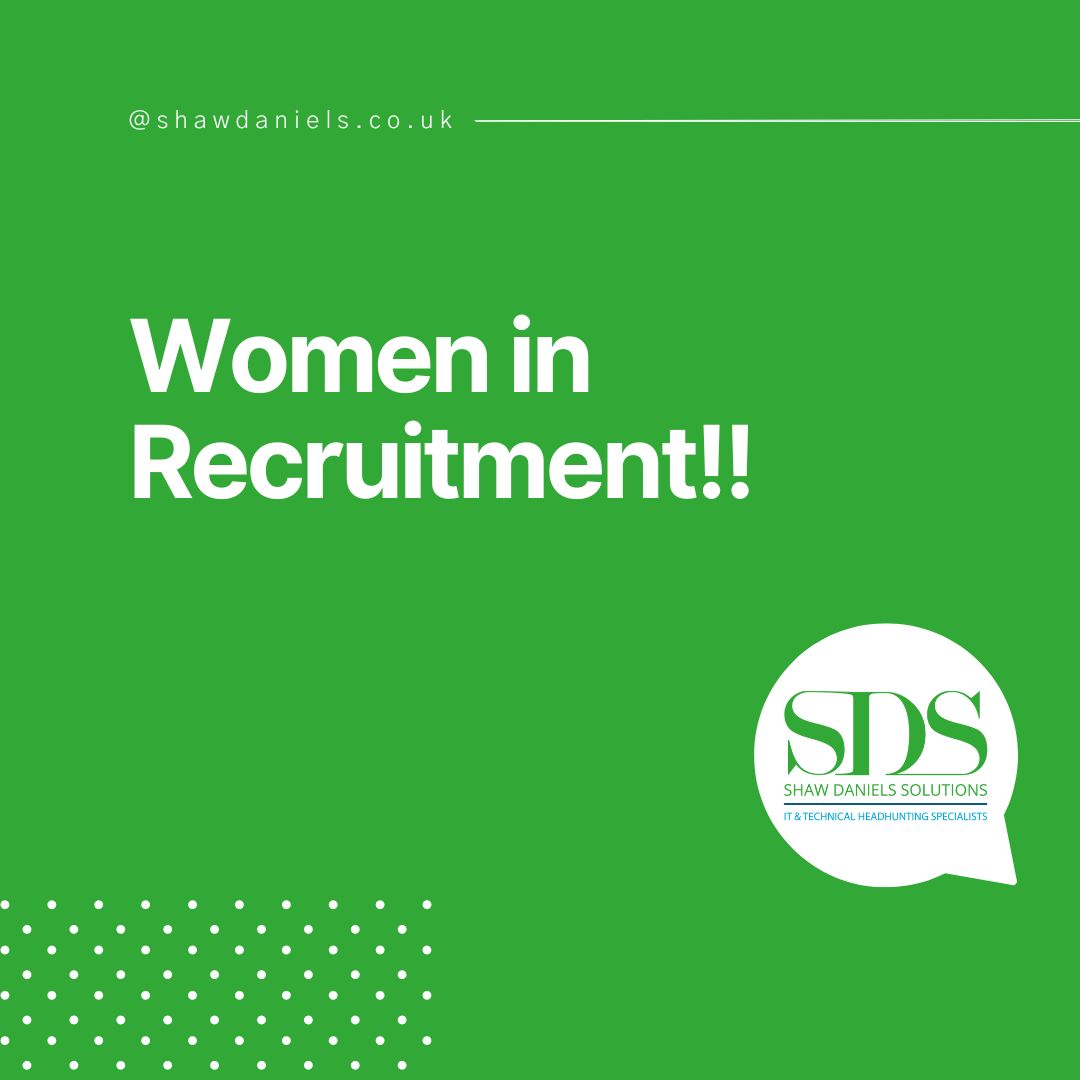
March is Women’s History Month – Women historically have been sidelined, marginalised, discriminated against and overlooked both in their daily lives, in the historical record and for their contributions across society. Women’s History Month is a way to highlight these historical failings and reevaluate how the past has been presented, to encourage the stories of women into a mainstream presentation and popular narrative.
This month also brings International Women’s Day, celebrated annually on March 8th, its a global day recognising the social, economic, cultural, and political achievements of women. It also serves as a call to action for gender equality and the advancement of women’s rights worldwide.
Achieving gender equality in the workplace requires systemic change, including policies and practices that address structural barriers, cultural norms, and unconscious biases. By fostering inclusive workplaces where women have equal opportunities for advancement and are valued for their contributions, organisations can unlock the full potential of their workforce and drive greater innovation and success.
Women in the workplace have made significant strides over the years, yet challenges persist in achieving full gender equality.
The power of women in recruitment is multifaceted and significant. Here are several aspects highlighting their impact:
- Increased Representation: There’s been a notable increase in the number of women entering and thriving in recruitment roles. Women are now well-represented in various positions within recruitment agencies, including recruiters, talent acquisition specialists, and HR professionals.
- Leadership Opportunities: More women are assuming leadership roles within recruitment firms and HR departments. This includes positions such as recruitment managers, directors, and even executive leadership roles. However, there’s still work to be done to achieve gender parity in leadership positions
- Diversity and Inclusion: Women in recruitment often bring a unique perspective to the hiring process, which can contribute to fostering diversity and inclusion within organisations. They may actively seek out diverse candidates and advocate for inclusive hiring practices, ultimately leading to more representative and innovative workplaces.
- Flexibility and Work-Life Balance: The recruitment industry has become more accommodating of flexible work arrangements, which can benefit women who may juggle caregiving responsibilities or other personal commitments alongside their careers. Remote work options and flexible schedules have become more prevalent, allowing women to better balance work and family life.
- Empathy and Communication: Women are often perceived as having strong interpersonal skills, including empathy and effective communication. These qualities can be invaluable in recruitment, as they enable recruiters to build rapport with candidates, understand their needs and motivations, and communicate job opportunities effectively.
- Networking and Relationship Building: Women are adept at building and nurturing relationships, which can be instrumental in recruitment. They may leverage their networks to identify potential candidates, establish partnerships with educational institutions or professional organisations, and cultivate a positive employer brand.
- Leadership and Mentorship: Women in recruitment can serve as role models and mentors for aspiring professionals, particularly other women. By sharing their experiences, offering guidance, and championing career development opportunities, they can empower individuals to pursue their goals and advance in their careers.
- Innovative Approaches: Women may bring innovative approaches to recruitment processes, leveraging technology, data analytics, and creative strategies to attract and retain top talent. Their diverse perspectives and problem-solving skills can lead to the adoption of new methods and best practices in talent acquisition.
- Recognition of Skills and Expertise: Women’s skills and expertise in recruitment are increasingly recognised and valued. As the industry evolves, there’s a growing appreciation for the unique perspectives, communication abilities, and relationship-building skills that women bring to the table.
- Advocacy for Gender Equality: Women in recruitment can advocate for gender equality in the workplace by promoting equal opportunities, addressing unconscious bias, and challenging traditional gender roles. They may prioritise gender-balanced candidate slates and advocate for policies and initiatives that support the advancement of women in leadership positions.
Overall, the power of women in recruitment lies in their ability to drive positive change, foster diversity and inclusion, and contribute to building more equitable and thriving organisations. By harnessing their skills, experiences, and perspectives, women can play a transformative role in shaping the future of talent acquisition and workforce development.
The powerful women in the Shaw Daniels Team…

Lauren Champion – Business Operations Manager

Lauren Dixon – Recruitment Administrator

Emma Gardiner – Recruitment Administrator

